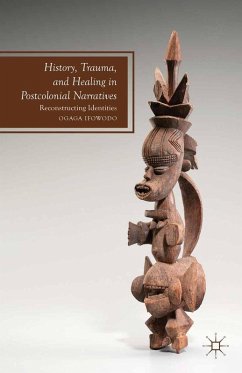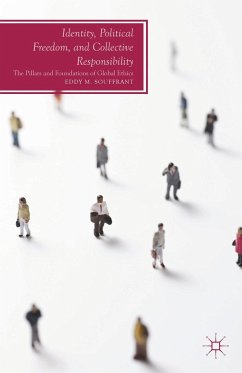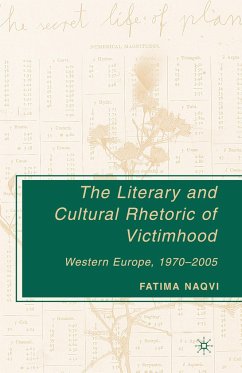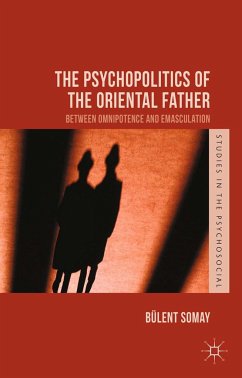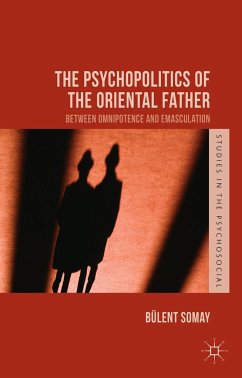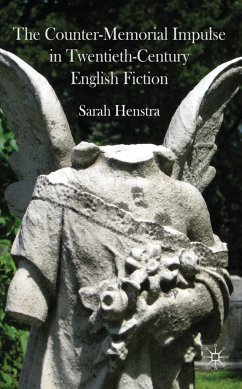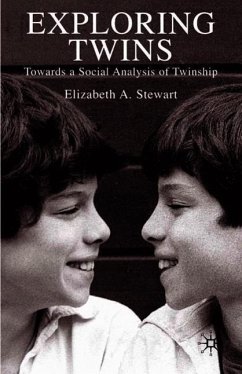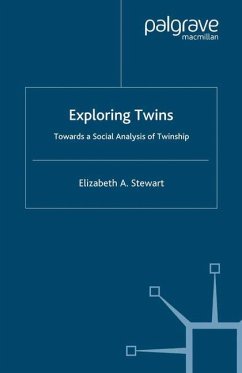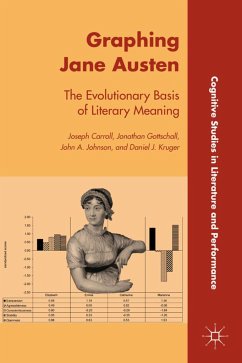
History, Trauma, and Healing in Postcolonial Narratives
Reconstructing Identities
Versandkostenfrei!
Versandfertig in 6-10 Tagen
38,99 €
inkl. MwSt.
Weitere Ausgaben:

PAYBACK Punkte
19 °P sammeln!
What would it mean to read postcolonial writings under the prism of trauma? Ogaga Ifowodo tackles these questions through a psycho-social examination of the lingering impact of imperialist domination, resulting in a refreshing complement to the cultural-materialist studies that dominate the field.





